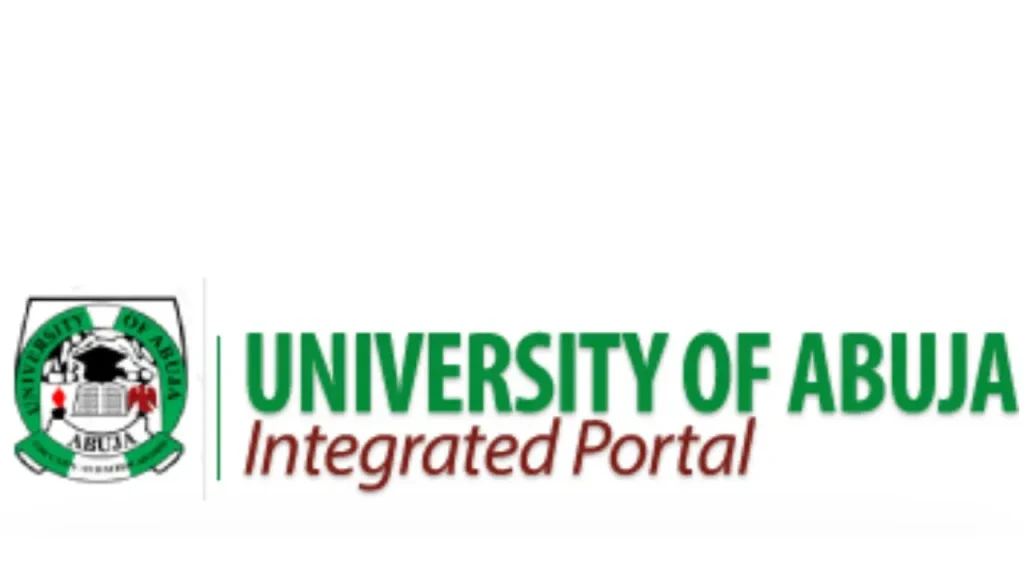• Facing land acquisition challenges and leadership changes.
• Advancing in renewable energy and digital education initiatives.
Land Disputes and Leadership Transitions
Since its inception in 1988, the University of Abuja has encountered several challenges with land acquisition and leadership shifts. Conflicts over land ownership as well as to negotiate a balance between population growth and educational needs arose while the Federal Capital Territory Administration reclaimed portions of the university’s property for urban development in July 2025. Such issues fit in an ongoing pattern that the has been an ongoing problem at Nigerian universities: land encroachment by governments and private developers.
The direction about the university is also being driven by shifting leadership. Professor Matthew Adamu was appointed Acting Vice-Chancellor in August 2025, supplanting Professor Aisha Sani Maikudi, whose tenure ended abruptly in February 2025 soon after the university’s governing council dissolved from a federal directive. This measure was an element of bigger efforts to address the institution’s governance difficulties.
Also read: Edotco’s expansion in Sri Lanka’s 5G-ready pole market
Also read: Macquarie secures A$450M refinancing for data centre expansion
Renewable Energy and Digital Education Initiatives
The University of Abuja has evolved astoundingly in its field of innovation in spite of a few institutional barriers. In December 2024, the university cracked a 3-megawatt solar hybrid power plant, marking a major step toward sustainable energy. For the purpose to address the continuing interruptions in power that have hampered research and educational activities, the facility aims to provide the campus with a steady and dependable supply in electricity. The project received accolades as a “game-changer” for the university by then-Vice-Chancellor Professor Aisha Sani Maikudi. She reiterated that in along with decreasing energy spending, the solar plant would significantly improve research, teaching, and learning quality, promoting a culture which promotes academic achievement.
The University of Abuja has rudely embraced the potential of digital education as an addition to their renewable energy initiatives. Through an extensive lineup of workshops, seminars, and conferences attacked at empowering academic staff, its Centre for Information Technology and Research (CITR) has evolved into an incubator for innovation. The courses emphasize creating research skills, boosting methods for instruction, and applying current technology into the delivery of the curriculum. The university believes to build a bright, cutting-edge educational setting that will assist learners as well as teachers while providing young people with the skills they ought to must succeed in a world that continues to grow increasingly sophisticated and interdependent by every moment.

